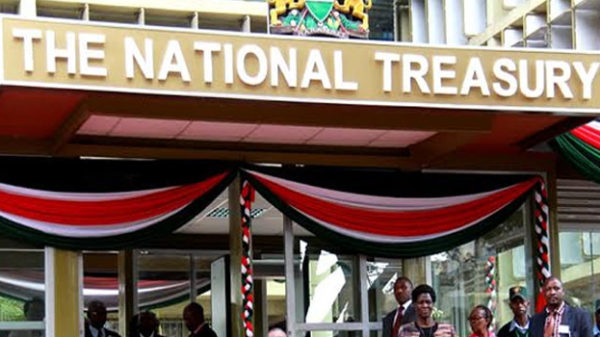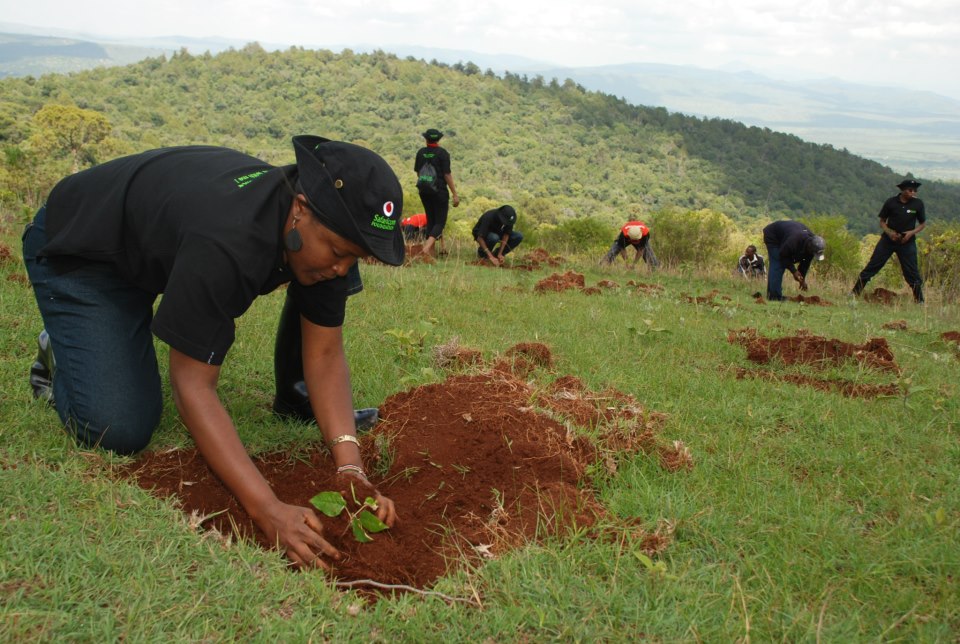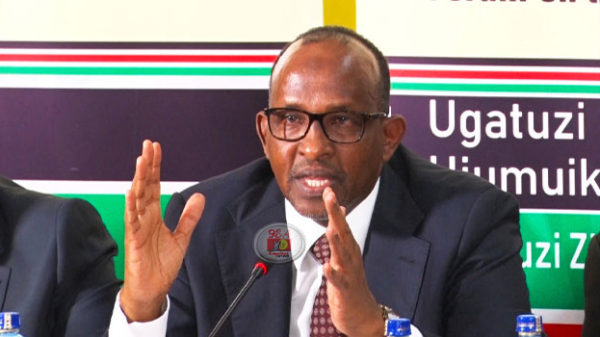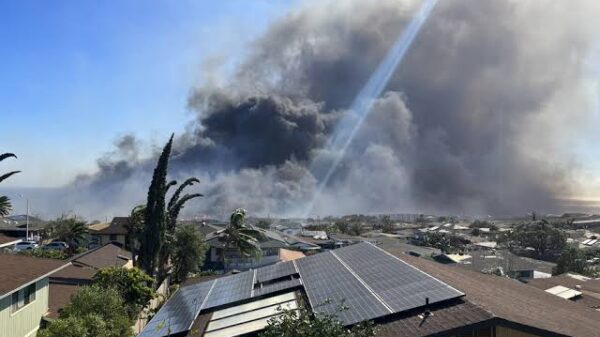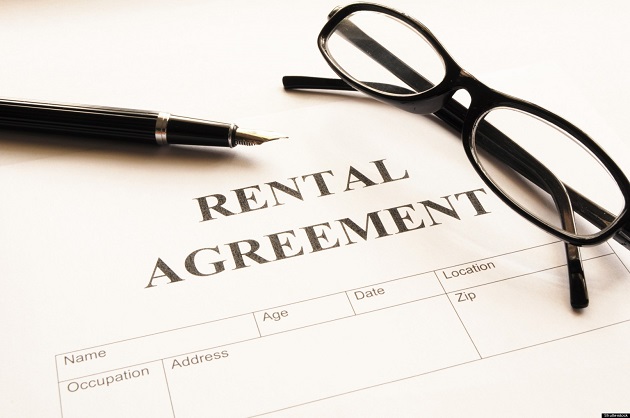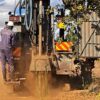
A miners helmet/FILE
“Mining companies working in Eritrea risk involvement with the government’s widespread exploitation of forced labor,” said the HRW report.
Eritrea, notoriously closed to outsiders, is rich in mineral resources, including gold, silver, copper, zinc and potash.
The iron-fisted government relies on a national service program to enlist citizens into military service, which can include national labour works.
HRW accuses Canadian firm Nevsun — the first company to operate a mine in Eritrea — of failing to ensure forced labour would not be used in the construction of its mine.
Nevsun employed local state-owned company Segen — which HRW accuses of widespread abuses — to construct the mine.
But Nevsun said it has since improved screening policies and now vets all employees to ensure they are employed voluntarily.
The Bisha gold mine was opened by Nevsun in 2011 and produced $614 million USD worth of ore in its first year of operation, according to HRW.
A senior researcher at the US-based rights watchdog said mining companies that cannot ensure humane labour standards should not work in Eritrea.
“If mining companies are going to work in Eritrea, they need to make absolutely sure that their operations don’t rely on forced labor,” said Chris Albin-Lackey.
“If they can’t prevent this, they shouldn’t move forward at all,” he added.
Several other international mining firms, including from Australia and China, have set their sights on Eritrea for investment opportunities.
Eritrean officials could not be immediately reached for comment.
The self-reliant country has been traditionally closed to foreign investment, and has limited imports and exports.
The United Nation accuses Eritrea of supporting Shebab Islamist extremists in neighbouring Somalia and in 2009 imposed sanctions on the Red Sea nation.
According to the UN, thousands of citizens leave the country each month, escaping forced conscription and migrating to neighbouring countries in Africa and the Middle East, often illegally.






